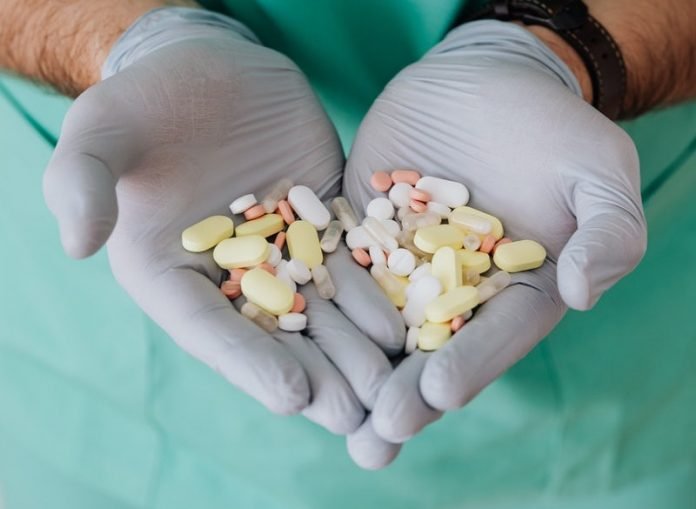
In a recent study from the University of Liverpool, researchers found that the common blood thinner drug heparin inhibits the SARS-Cov2 virus by reducing the virus’s ability to attach to human cells and infect them.
The study is published in the British Journal of Pharmacology, and Thrombosis, and Haemostasis. One author is Professor Jeremy Turnbull.
In the study, the team showed how heparin can stick to the surface of the virus’ spike protein to achieve these effects.
Crucially, the findings strongly supported the clinical testing of inhaled heparin, since the doses known to be delivered to the lungs would have very strong anti-viral effects.
The team says this is exciting news since heparin could be rapidly repurposed to help alleviate Covid-19 infections, or possibly as a treatment for high-risk groups such as medical staff or care workers.
The results have also led them to examine other novel compounds that mimic heparin that could potentially be effective against SARS-CoV2.
Previous studies have shown that heparins inhibit a range of other viruses, so testing these drugs could provide new treatment strategies, and possibly a first-line of defense against emerging viral threats in the future.
The early release of preprint data from this study in March 2020, now published in peer-reviewed journals, has stimulated international efforts to explore the use of heparins for Covid-19 treatment.
Further work is now ongoing to explore the potential of heparin and heparin-mimicking compounds as potential broad-spectrum antiviral drugs for Covid-19 and other emerging viral threats.
If you care about COVID-19, please read studies about this common drug could almost halve COVID-19 death risk and findings of two root causes of severe COVID-19.
For more information about COVID-19 prevention and treatment, please see recent studies about high level of this stuff in the body linked to worse outcomes in severe COVID-19 and results showing that United States COVID-19 transmission driven by these people.
Copyright © 2021 Knowridge Science Report. All rights reserved.



